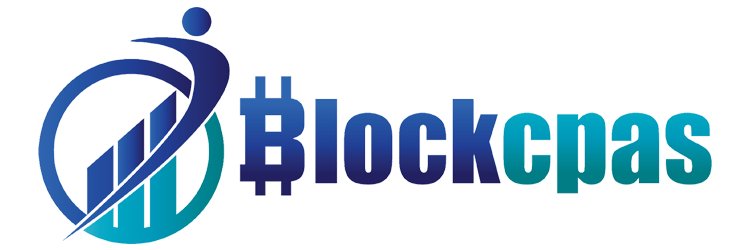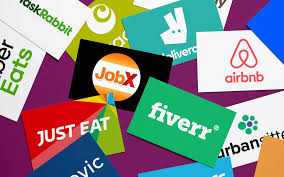The exact definition or classification of gig work has not been codified by legislation. However, if you work with service platforms such as Uber, Doordash, are an independent contractor, have a side hustle, or are an amazon seller, and/or self-employed you may be a gig worker.
If you are earning income, you have tax, deduction and record-keeping obligations.
If you received either Form 1099-NEC or 1099-MISC, you are probably self-employed. The amount shown in 1099-NEC/1099-MISC must be reconciled with your actual income, or you may be understating/overstating income on your tax return.
You may need accounting/bookkeeping help and help with business plan, pricing, marketing etc.
As a gig worker, you are eligible for various COVID-19 benefits such as:
Paid leave credits are available against Self-employment Tax.
CARES Act: You are eligible for Paycheck Protection Program (PPP)/EIDL, unemployment compensation, and deferment of self-employed tax (6.2%)
Sec 183: One of the most important tax rules is Sec 183. If the IRS determines that you are essentially carrying out a hobby rather than a business, it could potentially limit your expense deduction. Further, if your gig is classified as a hobby, you would not get any deduction for expenses from 2018 through 2025. However, you would not pay any self-employment tax on hobby income. You might catch IRS attention if you have a few years of losses and/or have other income to live on, such as wages.
Disclosure & Disclaimer
This article, or any of the articles referenced here and, on this website, is not intended to be investment, accounting or tax advice specific to your personal situation. I am not a licensed public accountant or investment adviser, and I am not providing you with individual accounting, tax or investment advice. The only purpose of this site is information & entertainment. We are not liable for any losses suffered by any party because of information published on this blog. See this site’s Privacy tab for more information.

